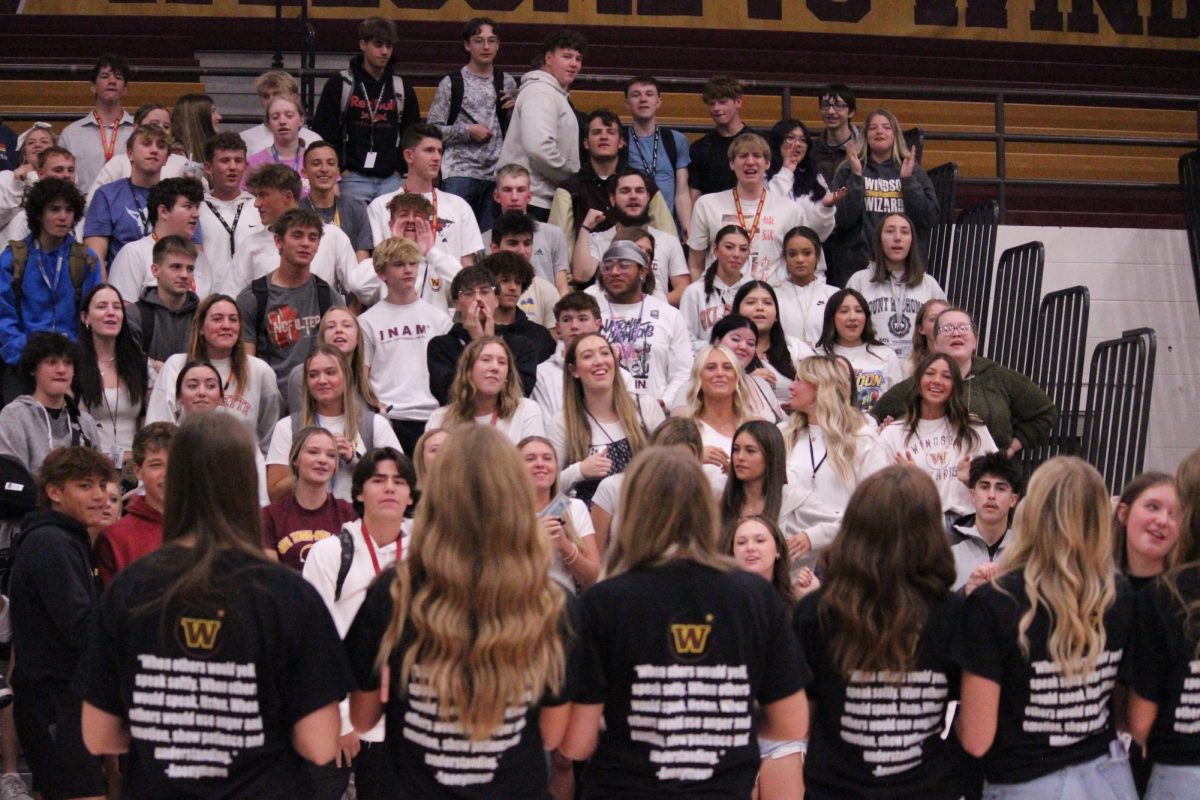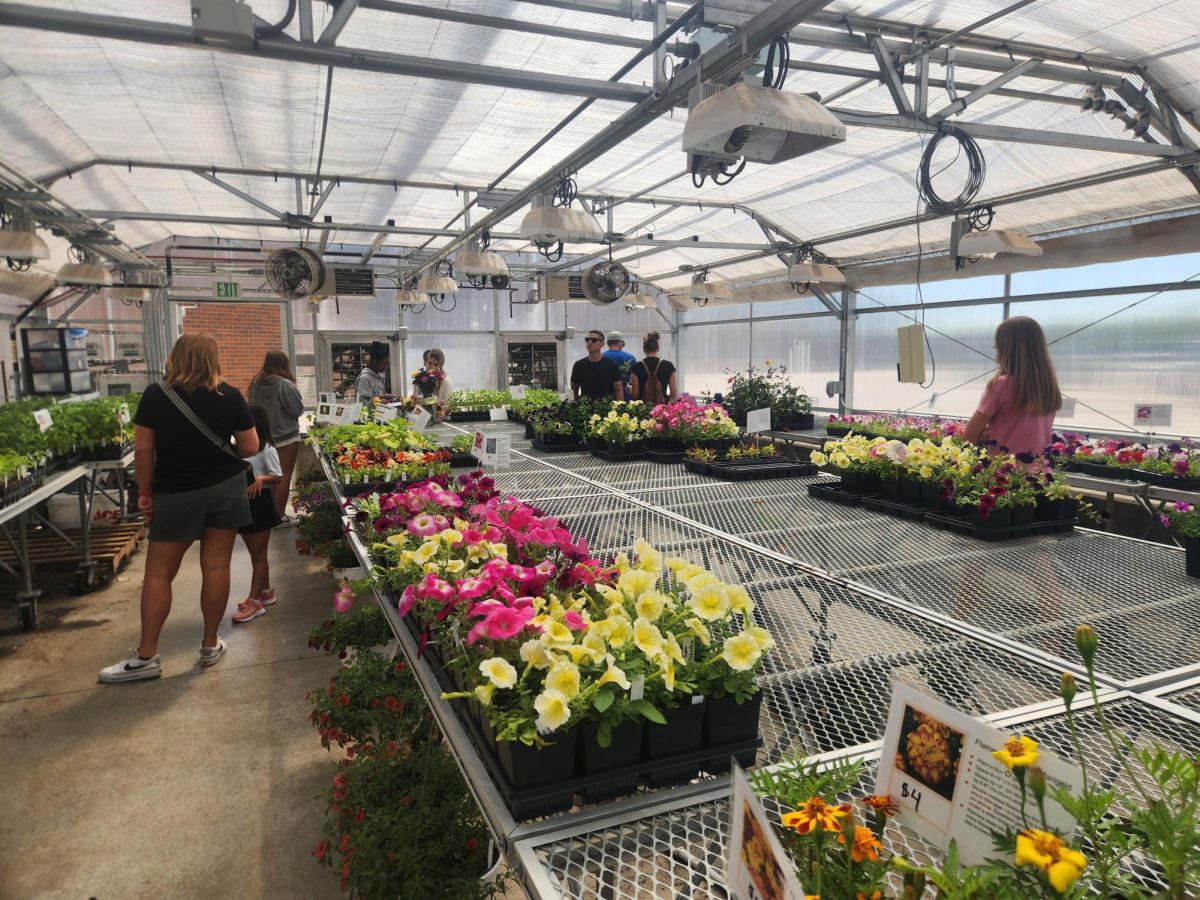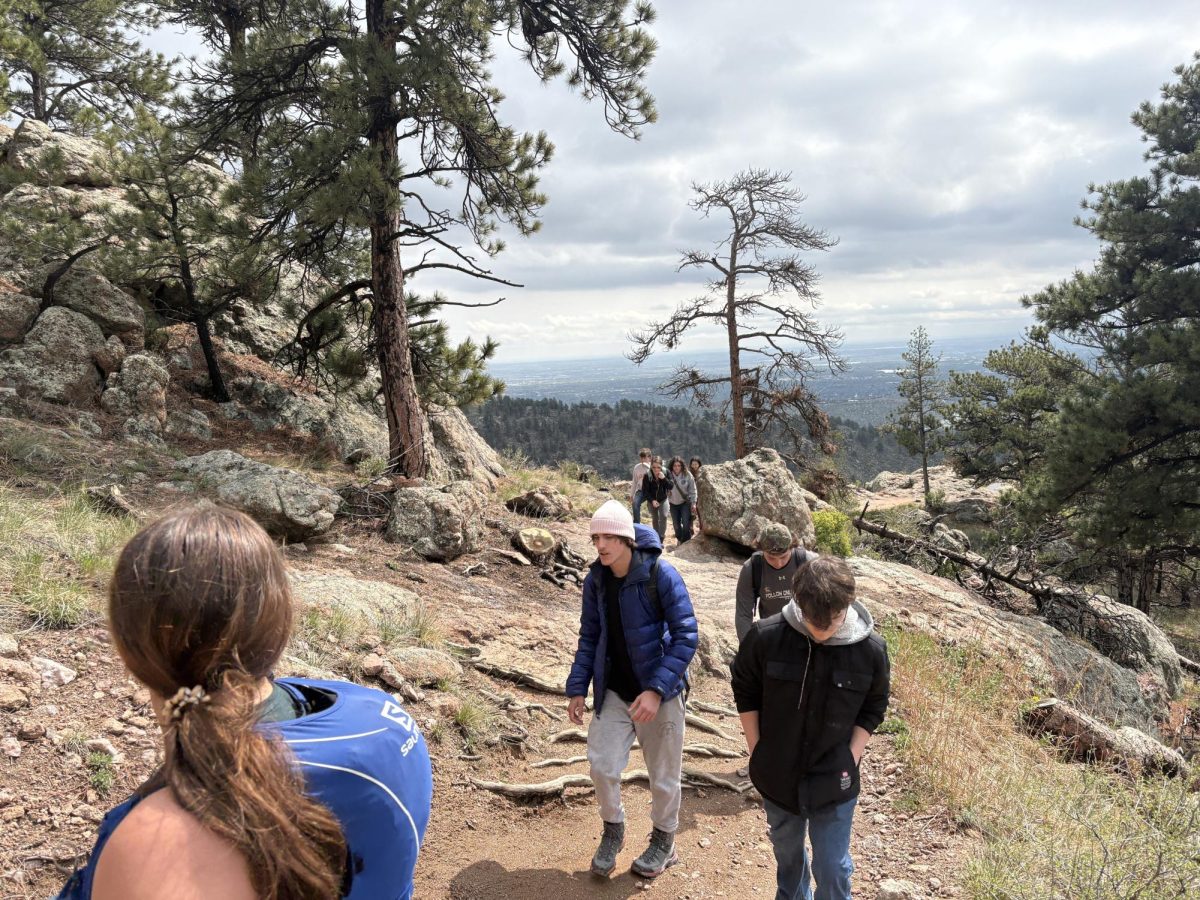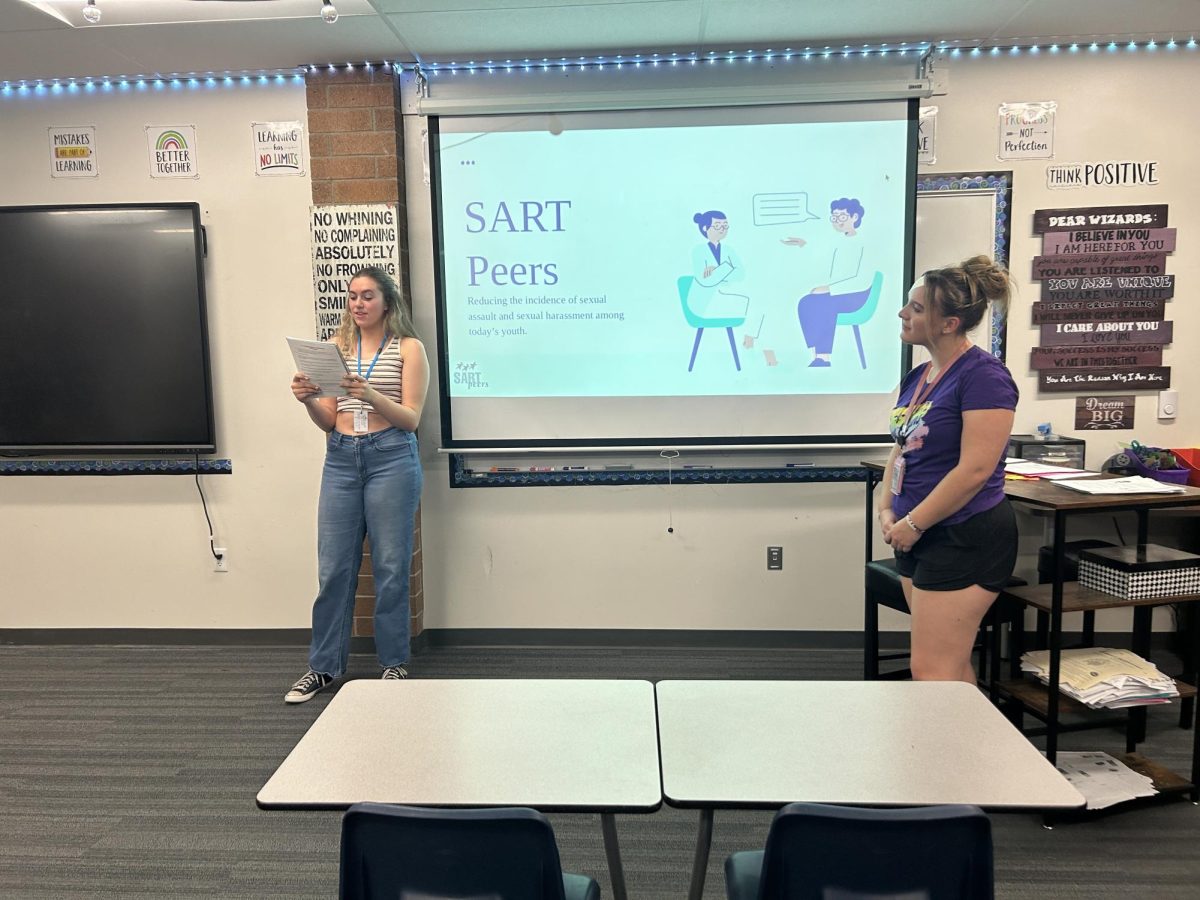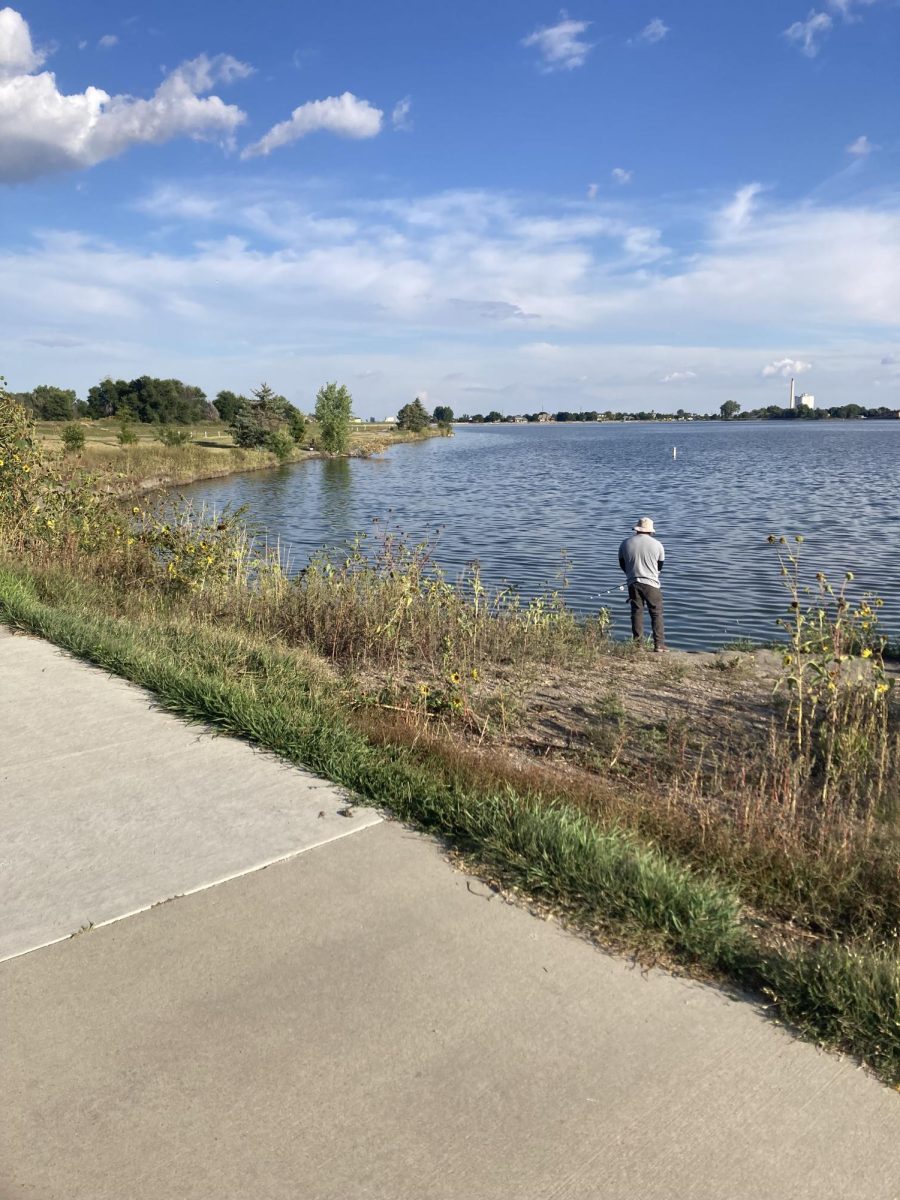Every summer the Windsor Lake closes due to a toxic algae that likely blooms due to heat, fertilizer runoff and septic tank overflows. Windsor residents have voiced concerns about this for many years because they are worried for the safety of their children, pets and themselves.
“Even when they would test it, there would literally still be chunks of, like, that gross algae,” Windsor Lake employee Copley Kelly (10) said. Kelly explained that she didn’t feel comfortable swimming in the lake even after tests said it was safe.
Windsor Lake is at a prime location for bringing in tourists and building up the community; since it sits right in the middle of the town, it is a staple to the face of Windsor.
“I was actually walking around the lake that morning observing what I think is the algae bloom, like it’s the green stuff in the water, and I noticed that they were taking down the fencing, and I was a little astounded,” stated English teacher Laura Hiebenthal (staff), a frequent visitor of the lake.
Many people expressed a need for a better system of communication. While the city does post information on its Facebook page and around the lake, it is apparent that not everyone consistently sees the information, which has led to a lack of education on the subject.
Without proper education, visitors to the lake will most likely be hesitant to get in the lake right after it is open, due to the remnants of the algae still inhabiting the water.
“I don’t know if they put, like, an information sign, would anybody read it? I probably would, but I’m that person that likes to read,” Hiebenthal said.
Though not everyone reads what has been handed to them or posted, information should also be clearly stated so that people are properly educated about the situation and what the city is doing to mitigate the algae.

People have shown more concern as the years go on, largely because the lake shuts down for two to three weeks each summer. This previous summer, the lake shut down and reopened fairly quickly, and although it would be nice to get back in the lake sooner, people were hesitant to get back in the water, which was completely green on the beach side of the lake.
So, in the confusion of the safety of the lake, the question comes up: would it be beneficial to get a filtration system?
A filtration system could be beneficial to Windsor Lake, and, as this issue heightens, it becomes more of a town-wide concern. Although there are a large number of advantages to a filtration system, the city has stated that there is more to consider. According to Kendra Martin, the Operations and Facilities Manager for Windsor, it is a financial matter, which means it must be affordable, but at the same time be functional.
For example, if it does become a difficult and expensive mechanism to manage, it will raise the taxes to the surrounding neighborhoods.
Another factor to be dealt with is Windsor Lake’s position as an irrigation lake; the town can only mitigate so much of what is continually flowing into the lake from the irrigation ditch. The town is continually proficient in testing for E. coli, but for many that does not fix the issue and is only an examination of the issue.
According to Martin, to help the prevention of the algae, the town has been planting different types of plants in the Chimney Park lakes to see if that may help prevent the algae from taking over Windsor Lake.
The issue then comes down to what the town and the citizens can do and how the two sides will communicate well with one another. As shown earlier, when the citizens (even the town employees) are not sure of the exact precautions taken, it leaves people confused and worried.
How can this town issue be resolved, and in what way can everyone help out? For now, the answer seems to be to read and educate themselves with city-provided materials.



